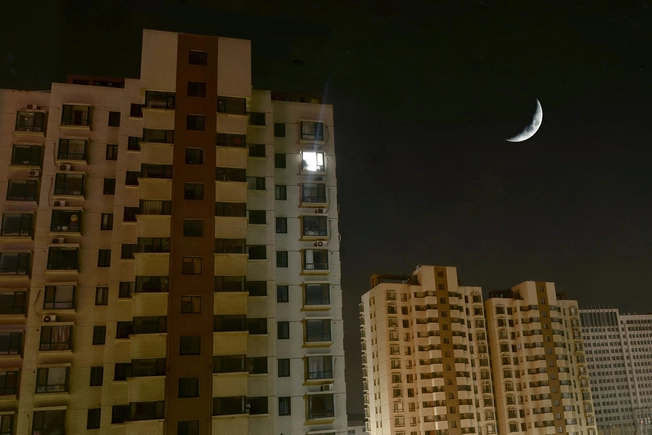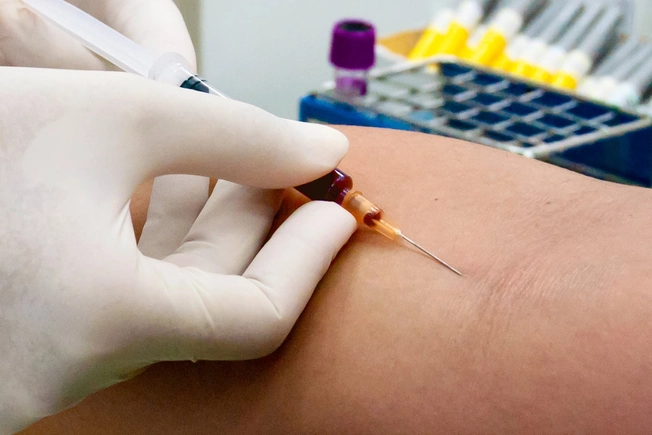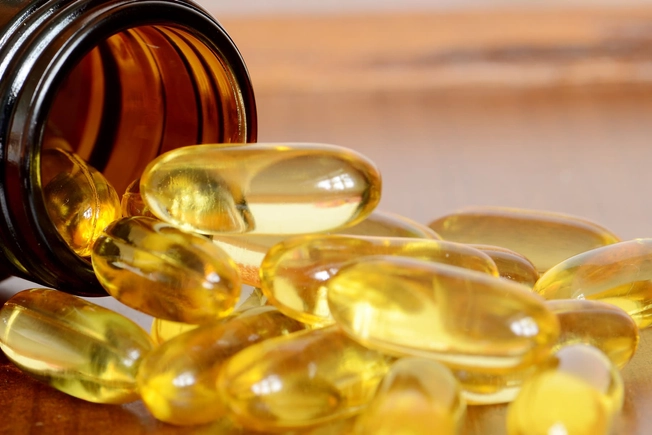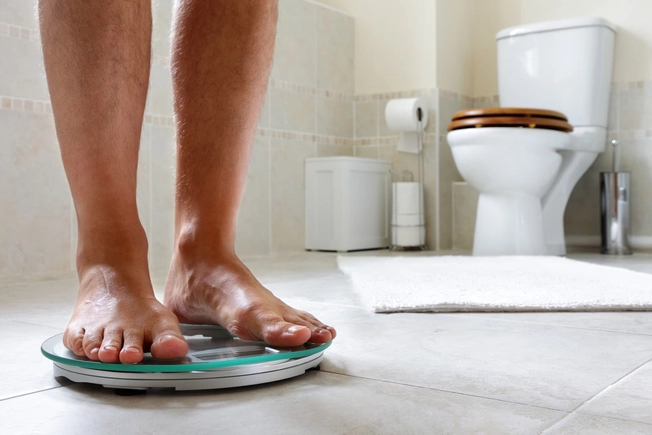- Overview
- Symptoms
- Causes & Risks
- Diagnosis
- Types
- Major Depressive Disorder
- Treatment
- Antidepressants
- Treatment-Resistant Depression (TRD)
- Living With
- Recovery & Relapse
- Complications
- Caregiving & Support
- Appointment Prep
- View Full Guide
Visual Guide to Seasonal Affective Disorder (SAD)


What Is SAD?
It's a type of depression that returns at the same time every year, usually in late fall or early winter, when there is less sunlight as the days get shorter. Some people get it in spring or early summer, but that's not as common.

What Are the Symptoms?
You could feel tired, sluggish, and in low spirits for much of the day. It can sometimes last for weeks at a time. You might find it hard to sleep, concentrate, or enjoy your favorite activities. It's possible you'll overeat and gain weight as well.

What Causes SAD?
Doctors think less sunlight at certain times of year can trigger your body to change the way it makes and uses certain key brain chemicals. It may be that fewer daylight hours raises levels of melatonin and lowers levels of serotonin, two substances that help keep your sleep regular and your mood even.

Who Gets SAD?
The farther you are from the equator, the more likely you are to have SAD. For example, you're about seven times more likely to get it if you live in New Hampshire than in Florida. Anyone can have the condition, but people with a family or personal history of depression get it more and their symptoms are often worse. And women get it four times more than men.

How Do You Know if You Have It?
Tell your doctor about your symptoms. They'll ask about your family history and check to see if you have other conditions that could cause similar problems. For example, low energy could be a sign of a virus, thyroid problems, or low blood sugar. Lack of sleep, weight gain, and feeling moody might be symptoms of hormone issues and other things not related to seasonal changes.

Treatment: Medication
Your doctor might suggest an antidepressant drug called a selective serotonin reuptake inhibitor (SSRI.) These pills help keep more serotonin in your brain, which can help mood and sleep. Ask about the risks and side effects, which might include dry mouth, nausea, sleep problems, dizziness, headache, and sexual problems. You may need to try different SSRIs or other antidepressants to find one that works best for you.

Treatment: Light Therapy
You can use special lamps to help replace the sun that you miss during the winter months. These light boxes provide about 20 times more light than regular indoor lighting and screen out the UV rays that can damage your skin. Just 20 to 60 minutes each morning in front of one of these lamps during the winter could help ease your symptoms.

Treatment: Talk Therapy
A therapist can help you identify patterns of negative thinking that make you feel down. One approach, cognitive behavioral therapy, tries to replace those thoughts with happier ones as well as with activities that engage you and give you pleasure. This might help distract you from the gloom of the winter months.

Treatment: Vitamin D
Research shows mixed results on whether taking this vitamin can help with SAD. People typically have less vitamin D in their blood in the winter, but doctors don't yet know if that's a cause of SAD. There have been some studies that show vitamin D supplements help people feel better, but others seem to show there is no effect at all.

Keep SAD Blues at Bay
There are things you can do on your own to manage your symptoms. Connect and spend time with loved ones who understand your condition. Exercise! It can really lift your mood. Do it outside in the sunshine for even more benefit. Eat a balanced diet of veggies, whole grains, and fruits, and avoid sugar and "simple carbs" like white bread. Keep your sleep on a regular schedule to keep your mood even and to maximize your time in daylight.

SAD in the Spring or Summer
If you get seasonal affective disorder in the sunnier seasons, the symptoms are different from the winter version. You may get agitated and anxious as well as depressed. Instead of craving certain foods, you may lose your appetite. This could lead to weight loss, rather than adding a few pounds like you sometimes do with winter SAD.

When to See a Doctor
Most people feel down once in a while. But if you get the blues for days or weeks, for no clear reason, it may be time for an appointment. Your doctor can help you and your loved ones understand your condition so that you can start to treat and manage it. Be sure to tell your doctor right away if your depression leads you to thoughts of self-harm.